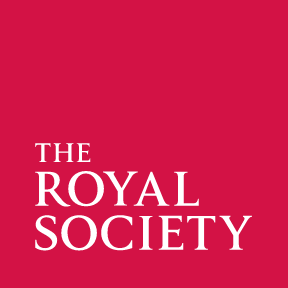Project
Addressing the health-lifespan paradox: differences between biological sexes within neuromuscular ageing
Unit(s) of assessment: Sport and Exercise Sciences, Leisure and Tourism
Research theme: Health and Wellbeing
School: School of Science and Technology
Overview
This research project aims to establish the neuromuscular differences between biological sexes across the adult lifespan. The project will provide missing detail that will help explain the neuromuscular mechanisms underpinning the contributing reasons why females tend to live longer in ill health comparatively to men. This will contribute to better understanding the biological mechanisms that contribute to the different ageing between men and women. We can then use targeted / specific interventions that will lead to a greater time spent in good health through older age, for both sexes.
Get involved
To understand the differences between men and women in more detail we wish to perform a number of neuromuscular assessments with different people who are of different ages, therefore capturing a number of stages of the life span. Specifically, we wish to align these changes with the transition through menopause for women, as this is a pivotal time in the female lifespan where changes in hormones levels are experienced. As researchers we believe this dramatic change may contribute to the poor health in older life that faces many females today.
What are we looking for?
Males and Females aged 18 – 80 within one of the following hormonal status groups:
- Pre-menopause – regular menstrual cycle (21-35 days) with no hormonal contraception / birth control.
- Peri-menopause – irregular menstrual cycle and menopausal symptoms.
- Post-menopause – 12 consecutive months of no menstruation.
- Post-menopause + HRT– 12 consecutive months of no menstruation and 12 months of consistent HRT.
- Males aged within (18-40), (40-60) or (60-85)
What would taking part involve?
- Familiarisation session
- Experimental session of approximately four hours, which will include:
- Blood draw to measure hormone levels
- Transcranial magnetic stimulation
- Electromyography of muscle activity
You’ll receive an inconvenience allowance of £50
What are the possible benefits of taking part?
There are no direct benefits to taking part other than you will be contributing to an important area of research that will ultimately lead to improvements in health of older individuals, particularly older women.
What are the possible disadvantages and risks of taking part?
You may experience some discomfort when having some of the procedures conducted which is very short lived and temporary. There will be constant communication between the participant and the researcher to minimise any discomfort.
There is a very small risk of seizure associated with the TMS method, however this is a very small risk.
More information
For more information on this study please read the Patient Information Sheet.
Contacts
If you have any further queries do not hesitate to get in touch with Jessica Piasecki: Jessica.piasecki@ntu.ac.uk or on 07813 296 063
Funding
This project is funded by the Royal Society.
